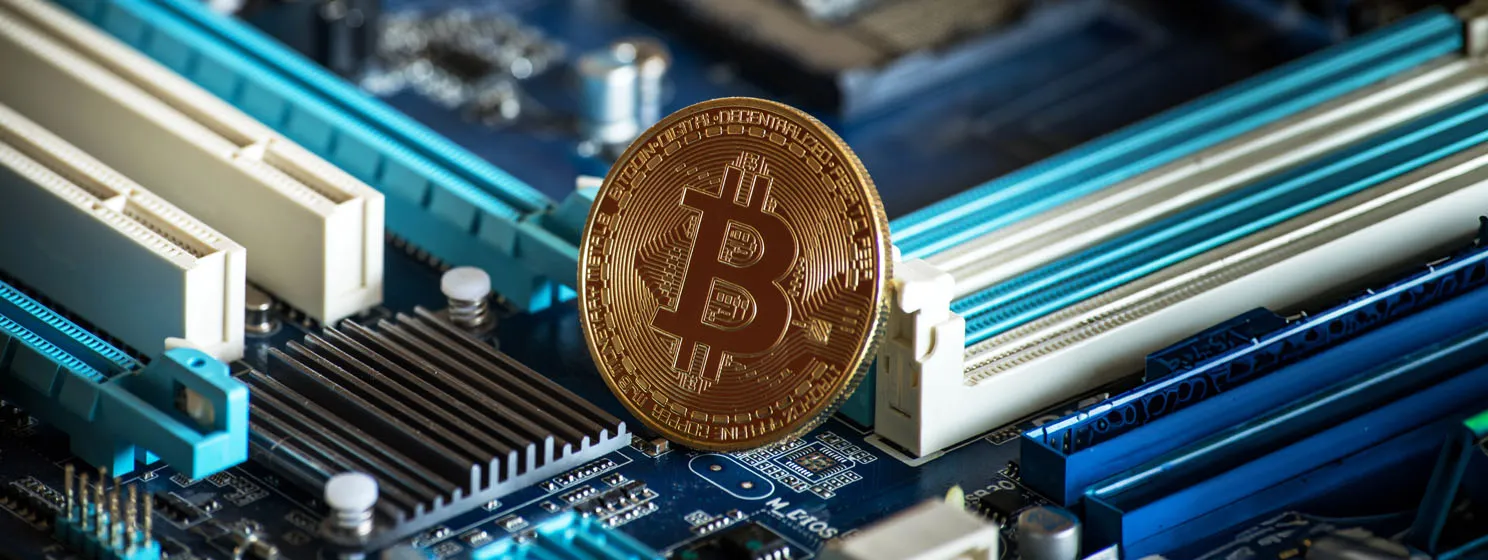United States-based technology giants are looking to invest in India’s technology and artificial intelligence (AI) goals while the South Asian powerhouse rolls out incentives to lure big investors.
Microsoft (NASDAQ: MSFT) is reportedly investing $3.7 billion for the construction of data centers in Telangana in South India. These data centres will offer 660 megawatt of information technology (IT) potential. At the same time, Amazon (NASDAQ: AMZN) plans to invest about $12.7 billion in cloud infrastructure in India by 2030.
“India today is one of the most exciting markets in the world for tech,” Puneet Chandok, Microsoft’s president for India and South Asia, told the Financial Times. “The intent is to constantly build capacity in this part of the world to serve customers who are both innovating for India and for the world.”
Recently, India emerged as a leader in installed capacity in data centers in the Asia-Pacific region (excluding China), overtaking Singapore, Australia, South Korea, Japan and Hong Kong. India is likely to dominate the market share in data centers with 950 megawatts installed capacity and a likely addition of another 850 megawatts by 2026.
Investments in India’s data centre industry from global and local investors have already exceeded $40 billion between 2018 and 2023. The country’s strong economic growth and commitment to becoming a global technology major in both software services and products businesses, are luring multinational technology giants to be part of the India growth story.
With the growing demands of AI, data center storage capacity is expected to grow from 10.1 zettabytes (ZB) in 2023 to 21.0 ZB in 2027, for a five-year compound annual growth rate of 18.5%, Jones Lang Lasalle (NASDAQ: JLL), a global commercial real estate and investment management company, said in a statement.
“Not only will this increased storage generate a need for more data centres, but generative AI’s greater energy requirements – ranging from 300 to 500+ megawatts – will also require more energy efficient designs and locations. The need for more power will require data centre operators to increase efficiency and work with local governments to find sustainable energy sources to support data centre needs,” JLL added.
US-India business
“India is a terrific country to do business in. There are a lot of opportunities there with 860 million on the internet and a lot of innovative entrepreneurs,” Henry Kravis, co-founder of Kohlberg Kravis Roberts & Co., said at the annual leadership summit of the U.S.-India Strategic Partnership Forum (USISPF). Under Henry’s leadership, KKR has invested over $11 billion in India, creating thousands of jobs and boosting the Indian economy.
The USISPF summit was attended by close to 300 people, including USISPF board members, U.S. government officials and Embassy of India staff. The summit was the first high-level U.S.-India dialogue post the general elections in India.
“AI will be the most fundamental change in the future. AI will disrupt every business and every country. This is the chance for our countries to come together”, John T. Chambers, chairman of USISPF, said.
Additionally, to boost India’s digital economy, Finance Minister Nirmala Sitharaman, while presenting Budget 2024-25 on February 1, said that a corpus of Rs 1 trillion ($12.08 billion) will be established with a 50-year interest-free loan. The corpus will provide long-term financing or refinancing with long tenors and low or nil interest rates.
“For our tech-savvy youth, this will be a golden era,” Sitharaman said.
AI to drive business value
India’s newly appointed government is set to review the progress of the IndiaAI Mission while focusing on key aspects including viability gap funding required to establish sufficient compute infrastructure in the country, ways to address the AI skill gap, and implementation of IndiaAI Datasets Platform planned under the scheme.
In March, India approved over Rs 10,300 crore ($1.24 billion) for the IndiaAI Mission, slated over the next five years. India will procure over 10,000 graphics processing units (GPUs) to address India’s computing capacity needs in order to develop a high-end AI ecosystem. S Krishnan, secretary at the Ministry of Electronics and IT (MeitY), said that the government plans to finance up to 50% of the cost of creating AI computing infrastructure in the country.
“India is maturing at a very quick pace, I would put it on par or above most other regions globally because they understand technology, they understand AI. And they are understanding where AI can be used to drive business value,” Matt Renner, President and Global Sales Leader at Google Cloud, said during his India visit earlier this month. Renner added that the company is looking to increase investments in the world’s fastest-growing major economy.
Simultaneously, Google (NASDAQ: GOOGL), through its parent company Alphabet, is reportedly looking to set up drone manufacturing facilities in south India’s Tamil Nadu. The tech giant plans to export the made-in-India drones to the U.S. and Australia.
India, which held the largest election in human history with about 970 million registered voters, used AI extensively to target voters through dozens of language translations. This is the first time almost all political parties and candidates used AI to reach voters, and are estimated to have spent over $50 million on AI-generated election campaign materials.
A Statista report expects the Indian AI market size to reach $6.26 billion in 2024 and witness an annual growth rate (CAGR 2024-2030) of 28.63%, resulting in a market volume of $28.36 billion by 2030. Globally, the largest market size will be in the United States at $50.16 billion in 2024.
In order for artificial intelligence (AI) to work right within the law and thrive in the face of growing challenges, it needs to integrate an enterprise blockchain system that ensures data input quality and ownership—allowing it to keep data safe while also guaranteeing the immutability of data. Check out CoinGeek’s coverage on this emerging tech to learn more why Enterprise blockchain will be the backbone of AI.
Watch: Turning AI into ROI

 09-02-2025
09-02-2025 





